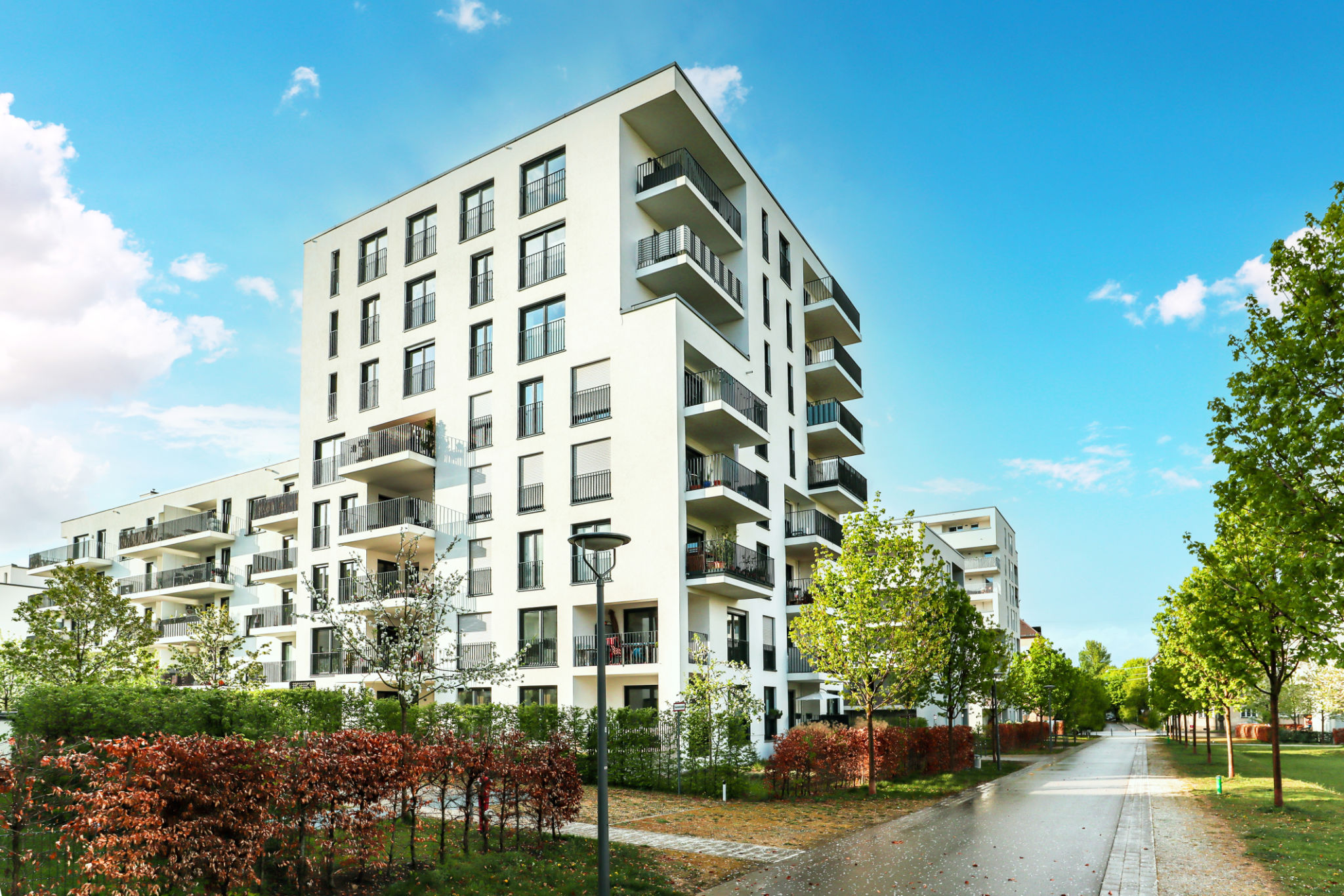From Concept to Completion: The Journey of Commercial Property Development in Ilford
SK
Understanding the Initial Concept
The journey of commercial property development in Ilford begins with a robust concept. Developers first need to identify the right location and understand the market demands. Ilford, with its thriving community and strategic location, offers a plethora of opportunities for commercial projects. Thorough market research and feasibility studies are key components at this stage, ensuring the concept aligns with local needs and potential profitability.
During the initial concept phase, developers often consider the type of commercial space that will best serve the area. This might include retail spaces, office buildings, or mixed-use developments. It's crucial to have a clear vision that takes into account the community's growth trajectory and economic trends.

Planning and Design
Once the concept is solidified, the planning and design phase begins. This involves collaborating with architects, engineers, and planners to create designs that are not only aesthetically pleasing but also functional and sustainable. In Ilford, developers often incorporate green building practices to enhance energy efficiency and reduce environmental impact.
During this phase, developers must also navigate zoning laws and obtain necessary permits. The design must comply with local regulations while meeting the project's goals. Community engagement is often part of this process, ensuring that the development aligns with local interests and receives public support.
Securing Financing
Financing is a critical step in bringing a commercial property project to life. Developers must secure funding from banks, investors, or other financial institutions. In Ilford, where property values are on the rise, securing the right financial backing can significantly influence the project's success.

Construction Phase
With financing in place, construction can commence. This phase involves coordinating with contractors and construction teams to bring the design to life. Effective project management is essential to ensure timelines and budgets are adhered to. In Ilford, as in many urban areas, construction can be challenging due to space constraints and logistical issues.
Safety and quality control are paramount during construction. Developers must ensure that all work complies with safety standards and building codes. Regular inspections help maintain these standards throughout the building process.

Project Completion and Handover
Upon completion of construction, the project moves to the final stages of development. This includes final inspections, obtaining occupancy permits, and addressing any remaining issues. Developers prepare for the handover by ensuring all aspects of the property are ready for tenants or buyers.
Marketing efforts ramp up during this stage to attract businesses to the new space. In Ilford, a well-executed marketing strategy highlights the property's features and benefits, appealing to potential occupants who are looking for prime commercial locations.
Post-Completion Management
The journey doesn't end with construction; effective post-completion management is vital for long-term success. Property management teams take over to ensure smooth operations and maintenance. They handle everything from tenant relations to facility upkeep, ensuring the property remains attractive and functional.
In Ilford's competitive commercial real estate market, continuous improvements and updates can help maintain a property's value over time. Regular assessments allow owners to adapt to changing market needs and tenant expectations.

The journey from concept to completion in Ilford's commercial property development is a complex yet rewarding process. Each stage requires careful planning, collaboration, and execution to ensure a successful outcome that benefits both developers and the community. As Ilford continues to grow, these developments play a key role in shaping its economic landscape.